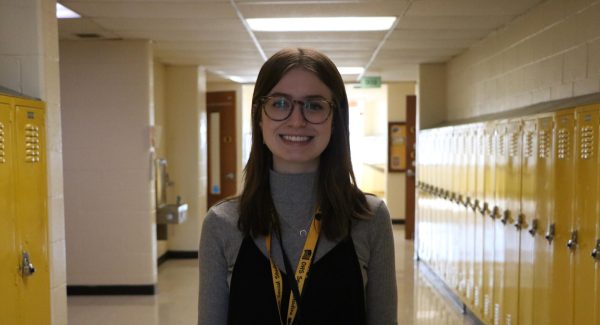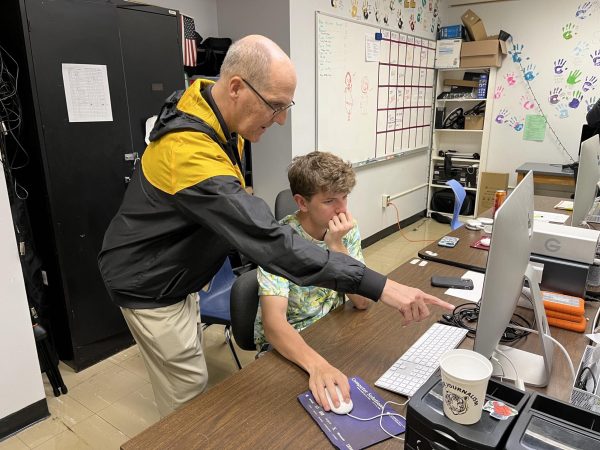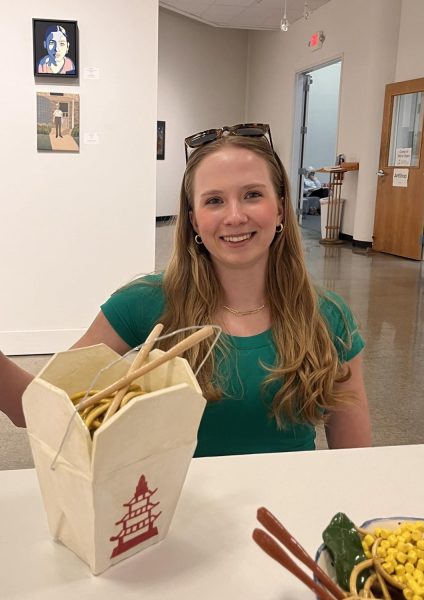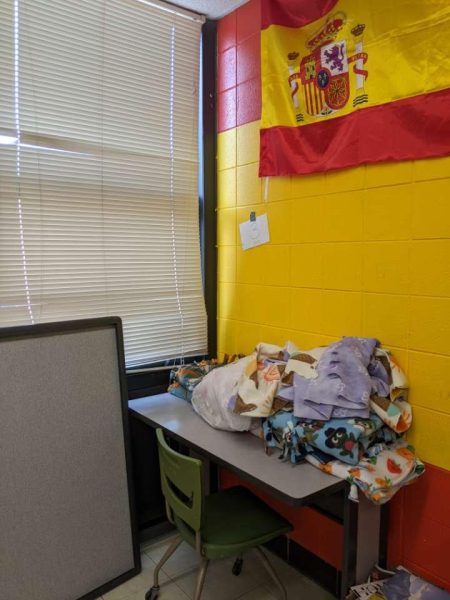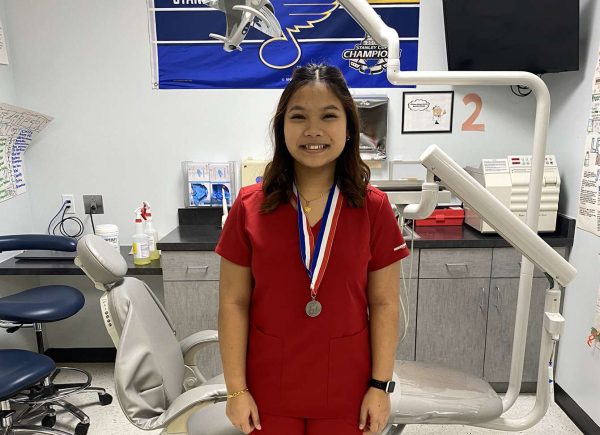Far From Home
Foreign exchange students adapt to American education
Oakville High School gained three new students all thanks to the foreign exchange program. The program provides an opportunity for students to make new friends, see different cultures and overall gain new experiences.
“It opened a lot of opportunities for me,” Jodell Francisco (12) said, “and I know for sure it’s going to open more opportunities when I get back home.”
Francisco is from the Philippines and was given the opportunity to help the Kennedy Lugar-Youth Exchange Program with their mission to end stereotypes among people, especially places with muslim populations. He joined through a fully funded government program (YES program), but for others it was not that easy. David Schaffler (11) signed up through Germany’s program, which was a long process.
“There was an ad from the German government that said there was a scholarship for 2022-2023 and my mother showed it to me and I was like, ‘Yeah, I want to do it,’ so I enrolled,” Schaffler said. “There were many documents I had to fill out, group meetings in other cities with other people who wanted to do the same thing and a bunch of other stuff. Only one out of 64 students are chosen. It’s like a big process. This took about seven months until they finally found out who was going to go.”
The reason Schaffler went through this long process is all due to his mother. She’s lived in multiple places around the United States including Denver, Atlanta, Los Angeles and New York and believes it is important for him and his brother to learn the language. Lea Ducharme (12), on the other hand, joined for a different reason.
“I want to be a lawyer, so in Canada I studied French and English. I wanted to be able to speak well in English so I could go to more places and make more money,” Ducharme said. “I have a friend who did that and she tells me it’s really nice, so I just wanted to give it a try. I also just wanted to get away and experience something different.”
One thing all three of these students have in common is finding the Oakville experience odd. Moving from your home school to a completely new environment with a different culture can lead to some unusual shocks.
“Here students are much more involved in sports. In Germany, we don’t have school sports or anything like that. Here the school spirit is crazy and everybody sticks together. In Germany, everyone just goes to school to study something then leaves, like you don’t see your friends that often,” Schaffler said. “School in Germany is much harder, here it’s a lot easier. Also the dress code is different. I mean here people show up in PJs or slides. I mean, I like it, but in Germany you can’t do that at all. No uniforms, but everybody dresses the best they can.”
Schaffler says he is enjoying his experience here and is having no trouble getting used to the new customs. Like Schaffler, Francisco is also seeing a difference with the education system.
“Unlike here, we have to meet with different people in every class we have—there’s no switching rooms. Also, wearing shorts inside of school is not normal in my country, but I’ve been campaigning for that because in our school we have uniforms and they won’t allow kids to like color their hair or express themselves, so it is a disadvantage for those people who feel more confident expressing themselves,” Francisco said. “Another thing that’s not normal in my country is calling the teachers by their names. In our country we are so particular, our teachers insist we address them in a certain way like Mrs., Ms. or we call them Ma’am or Sir. There are some teachers who are friendly with students, but we cannot forget they are higher than us, so we have to address them in the proper way.”
Similar to Scaffler, Francisco is adjusting well to his new school as well with the help of school programs such as Student Council and International Club. His confidence is up with the leniency of the dress code that was unavailable in the Philippines. For Ducharme, since Canada is much closer to the US than the Philippines, she isn’t noticing as many differences between her home school and OHS.
“So I thought that since Canada and the USA are bordering it was going to be really similar, and it is, but I think the main difference is the way to think. Like we don’t think the same way at all. One thing is our parents educate their children a lot, but here it’s more of a friendship. It’s just the little things I see. I think to myself, ‘Oh my god, you should never do that in Canada,’” Ducharme said. “Like wearing pajamas at school, nobody does that. Also drinking energy drinks, it’s like you can’t. And the couches in classrooms, when I saw it, I couldn’t believe it. Oh, and the allegiance to the flag is really weird for me—we don’t do that either. Classes are much easier as well.”
Although Francisco, Ducharme and Schaffler are away from home, they are already feeling loved by their peers and teachers.
“I just hope that I continue to feel welcomed and feel that I belong,” Francisco said, “and eventually, when I get back home, I’ll have a lot of stories to tell that my school is a very good school.”
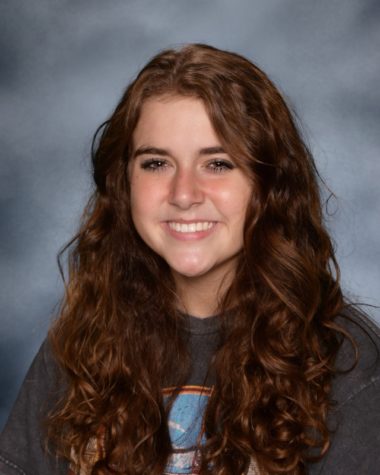
I'm Summer, and I am a senior at OHS. I love drawing, listening to music and my two cats. I'm hoping to pursue a career in in the science field like astrophysics...




